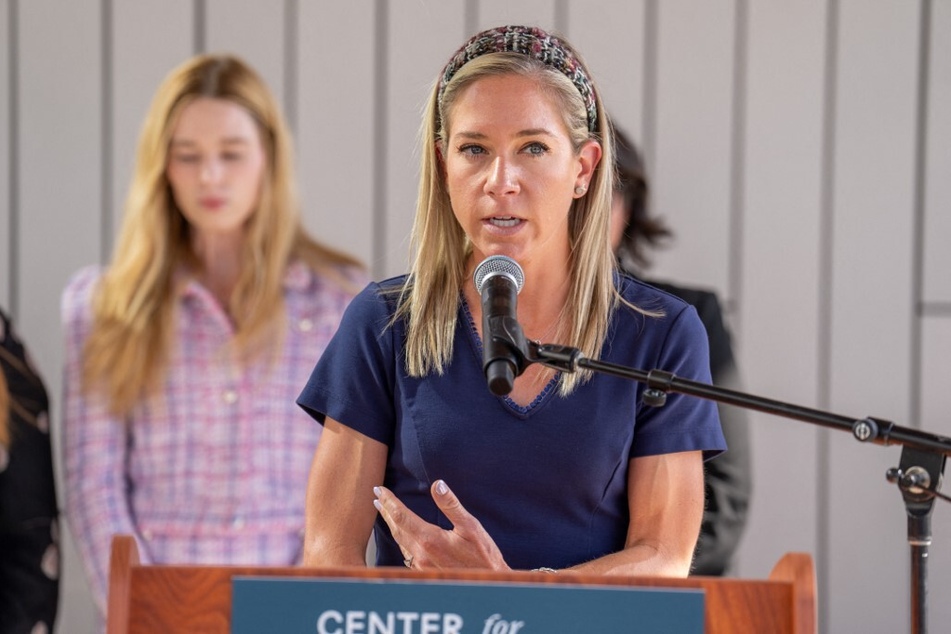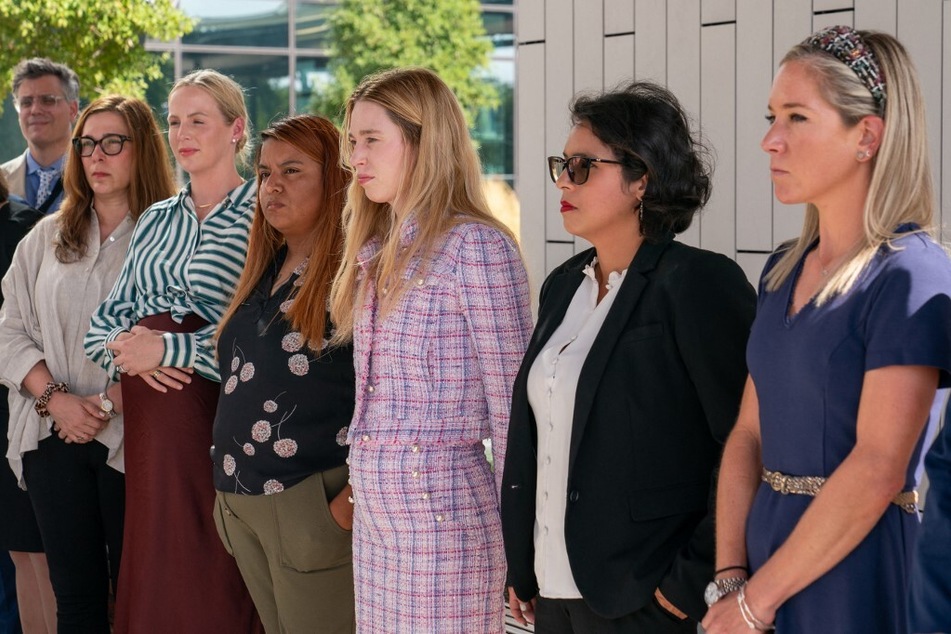Texas' top court to hear case challenging abortion ban for medical emergencies
Austin, Texas - The Texas Supreme Court is set Tuesday to hear arguments in a case brought on behalf of 22 women who were denied abortions even though they had serious complications with their pregnancies that were in some cases life-threatening.

The lawsuit, filed by the Center for Reproductive Rights in March, argues that the way medical exceptions are defined under the conservative state's law is confusing, stoking fear among doctors and causing a "health crisis."
In August a lower court found in favor of the plaintiffs, confirming the women should have received abortion care.
But the Texas attorney general's office immediately filed an appeal, staying Judge Jessica Mangrum's temporary order, which said doctors can use their own medical judgment to determine when to terminate pregnancies in such situations.
The matter now goes to the state's top court in Austin, with the live streamed hearing beginning at 9:00 AM local time.
The Texas supreme court is made up of elected judges who serve six year terms. All its members are currently Republicans.
The court could decide to throw the case out, ending it before a trial on merits is set to proceed in March 2024. Or they could allow the case to proceed with or without the near-total ban blocked. A decision isn't expected for several weeks.
Women give harrowing testimony in Texas abortion case

Women involved in the case gave harrowing court testimony in July.
Amanda Zurawski, after whom the initial case is named, said she was denied an abortion even though her water broke very early in her pregnancy, meaning a miscarriage was inevitable.
Zurawski said her doctor told her that she "couldn't intervene, because the baby's heart was still beating and inducing labor would have been considered an illegal abortion."
Zurawski went into life-threatening septic shock and the fetus was stillborn.
The suit is the first brought on behalf of women denied abortions since the US Supreme Court overturned the constitutional right to the procedure in June 2022.
Texas physicians found guilty of providing abortions face up to 99 years in prison, fines of up to $100,000 and the revocation of their medical license.
A state "trigger" ban went into effect when Roe v. Wade was overturned, prohibiting abortions even in cases of rape or incest. Texas also has a law that allows private citizens to sue anyone who performs or aids an abortion.
The Zurawski lawsuit asks the court to create a binding interpretation of the "medical emergency" exception in the law and argues that physicians should be allowed to exercise "good faith" judgments on the qualifying conditions for an abortion, rather than leaving this to state lawmakers.
The Texas attorney general's office, on the other hand, says the measures sought by the complaint would effectively nullify its bans.
The medical exception proposed by the plaintiffs "would, by design, swallow the rule," its lawyers argued in their written response.
"It would, for example, permit abortions for pregnant females with medical conditions ranging from a headache to feelings of depression," the response states.
Cover photo: SUZANNE CORDEIRO / AFP

